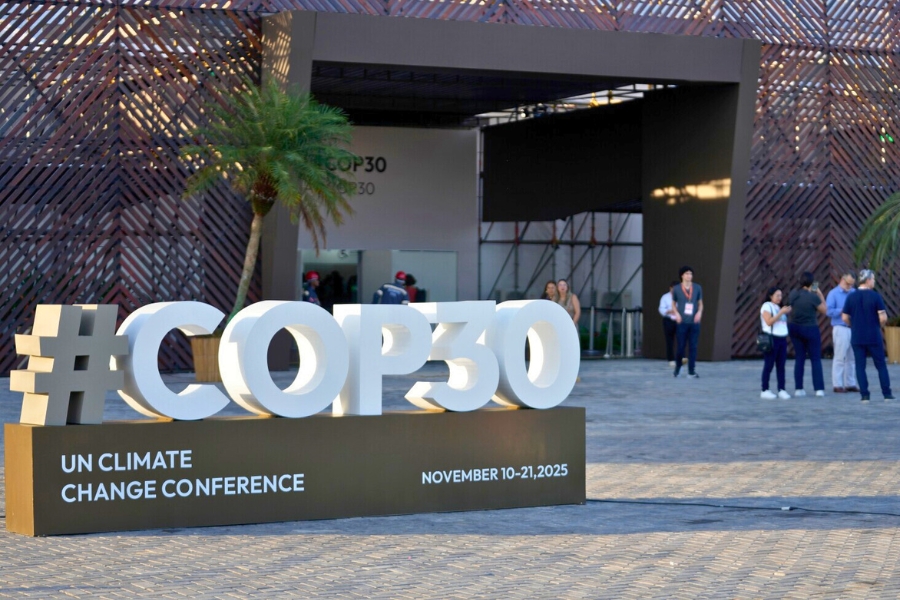The messaging was over-simplistic and undermined the sense of urgency and transformation needed. Generic targets approached with generic language – nothing spoke of the enormous human and financial effort required to achieve them. Boris Johnson’s painfully reductive mantra – “coal, cars, cash and trees” – is a case in point.
Business has also failed to communicate in a way that will drive action to a 1.5°C future.
There are two comms levers that need to be engaged: creativity and credibility. Only by leveraging both, alongside strong business leadership, will comms drive the scale and pace of change needed.
Indeed, companies tend to get one right or the other. The oil and gas industries tell good stories, but lack credibility. And many food and agriculture companies are changing their businesses for the better, but fail to bring people along with behaviour-changing comms.
Science continues to push the boundaries of innovative and scalable solutions to the climate crisis. Comms needs to mirror this – to make the sustainable solution the desirable and mainstream choice. Yet comms’ inventiveness falls way behind that of science.
The climate crisis is, in part, a crisis of the imagination. We need to reimagine new ways of making the case, because too many companies struggle to translate CSR targets into language that excites and drives the necessary action.
We need creativity to bring to life just, liberating and abundant futures. Communications must become a form of climate action in itself.
This means leveraging courageous creativity to get people unstuck and give them the necessary jolt into action. What’s needed is communications coupled with behaviour change and a new language that reflects the change needed, the effort required and the true ask of people.
I had hoped that the Green Claims Code, launched by the Competition and Markets Authority in September, would help to push businesses in the right direction. And while it does take steps to stop companies from misleading their customers – the credibility point – it needs to go much further. It needs to encourage businesses to engage creativity to drive sustainable business transformation and consumer behaviour change.
Yet in its current state, it is a slow death to creativity. Why add these constraints now that we are talking about green and now that we are rapidly running out of time to avoid catastrophic climate impacts? This is setting up green to fail.
We need a new type of creativity, a creativity with intent. An ambitious creativity that can only come with deep knowledge of the issues.
When one of the few memorable creative campaigns to come out of COP26 was a talking dinosaur that told humans “Extinction sucks”, it is clear that we have a long way to go before comms is truly effective.

Kathleen Enright is managing director of Salterbaxter. This article first appeared on PRWeek.com




